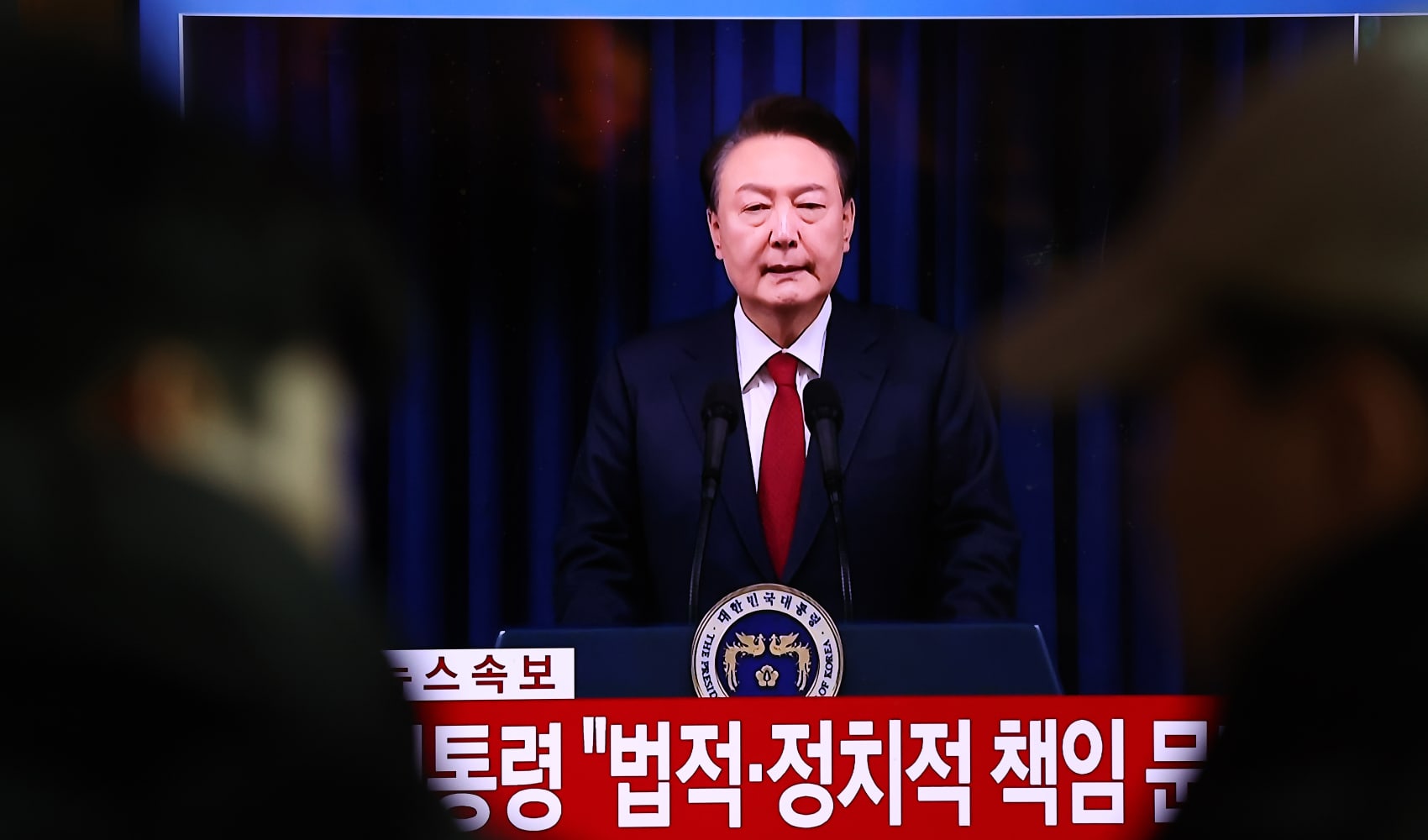
- The Supreme Court on Tuesday will hear two legal challenges to the Biden administration's historic student loan forgiveness plan.
- Six GOP-led states brought one of the lawsuits, claiming President Joe Biden is overstepping his authority.
- The second legal challenge was backed by the Job Creators Network Foundation, a conservative advocacy organization, and also accuses the president of abusing his power.
The Biden administration is currently blocked from carrying out its promise of canceling up to $20,000 in student debt for tens of millions of Americans while its relief plan heads to the Supreme Court.
On Tuesday, the nine justices of the court will hear oral arguments over President Joe Biden's historic debt forgiveness policy, which has faced at least six lawsuits since it was rolled out in August. The Supreme Court has agreed to hear two of those cases.
"The court frequently takes multiple cases in order to deal with all pending disputes at once," said Dan Urman, a law professor at Northeastern University.
Get top local stories in Southern California delivered to you every morning. >Sign up for NBC LA's News Headlines newsletter.
More from Personal Finance:
Federal 'baby bond' bill would give kids $1,000 at birth
Colleges to close even as top schools see application boom
How to access IRS transcripts for a faster refund
The justices' ruling, which Urman believes will come by late June, will settle the matter and decide if more than 30 million Americans with outstanding federal student loans will get debt relief.
Here's what to know about the cases.
Money Report
Here's what 6 GOP-led states allege in their suit
On Sept. 29, six Republican-led states — Arkansas, Iowa, Kansas, Missouri, Nebraska and South Carolina — filed a lawsuit against the president's plan, arguing that Biden was vastly overstepping his authority by moving to cancel hundreds of billions of dollars in consumer debt without authorization from Congress.
The Biden administration says that the Heroes Act of 2003 grants the U.S. Secretary of Education the authority to make changes to the federal student loan system during national emergencies. The U.S. has been operating under an emergency declaration since March 2020 because of the Covid pandemic. The Heroes Act of 2003 is a product of the 9/11 terrorist attacks, and an earlier version of it provided relief to federal student loan borrowers affected by the attacks.
However, the six states in question counter that the president's recent loan forgiveness plan is far more broad than the type of modifications permitted by that law.
In other words, higher education expert Mark Kantrowitz said, the states are asserting that Biden is using Covid as an excuse to pass his plan.
"For example, if it was an emergency, why wait three years to provide the forgiveness?" Kantrowitz asked. "Why present it in a political framework, as fulfilling a campaign promise?"
Yet the Biden administration insists that the public health crisis has caused considerable financial harm to student loan borrowers and that its debt cancellation is necessary to stave off a historic rise in delinquencies and defaults.
The six states also argue that Biden's plan would cause financial harm to their states, including a loss of profits for the companies that service federal student loans.
Two borrowers say 'procedural rights' were ignored
The second legal challenge the Supreme Court will consider Tuesday is backed by the Job Creators Network Foundation, a conservative advocacy organization.
Lawyers for the two plaintiffs, Myra Brown and Alexander Taylor, argue they were deprived of their "procedural rights" by the Biden administration because the White House didn't allow the public to formally weigh in on the shape of its student loan forgiveness plan before it rolled it out. As a result, the lawyers argue, Brown and Taylor are either partially or fully excluded from the relief.
The Heroes Act exempts the need for a notice-and-comment period during national emergencies, but, like the states, the plaintiffs in this challenge argue that that law doesn't authorize the president's sweeping plan.






